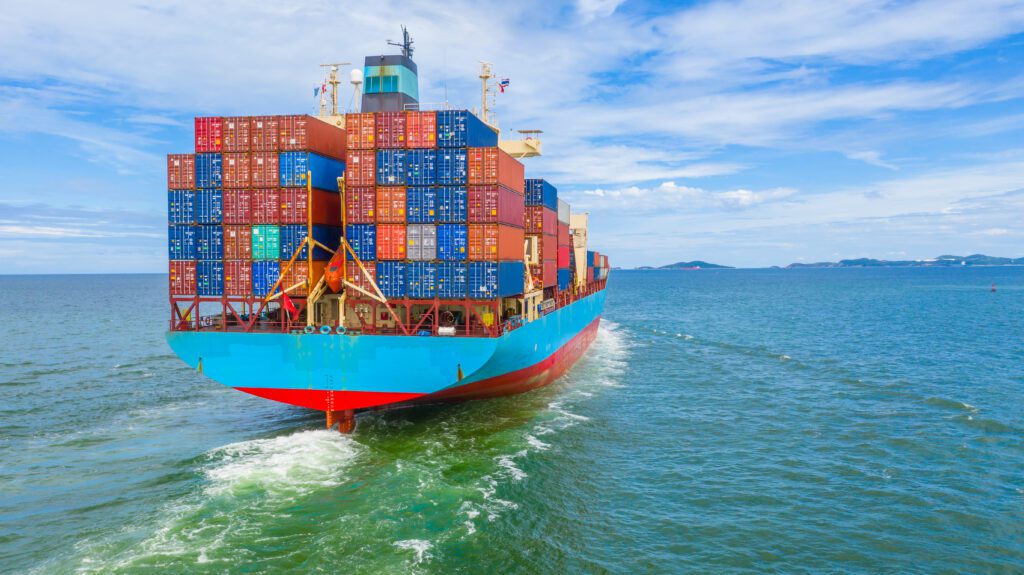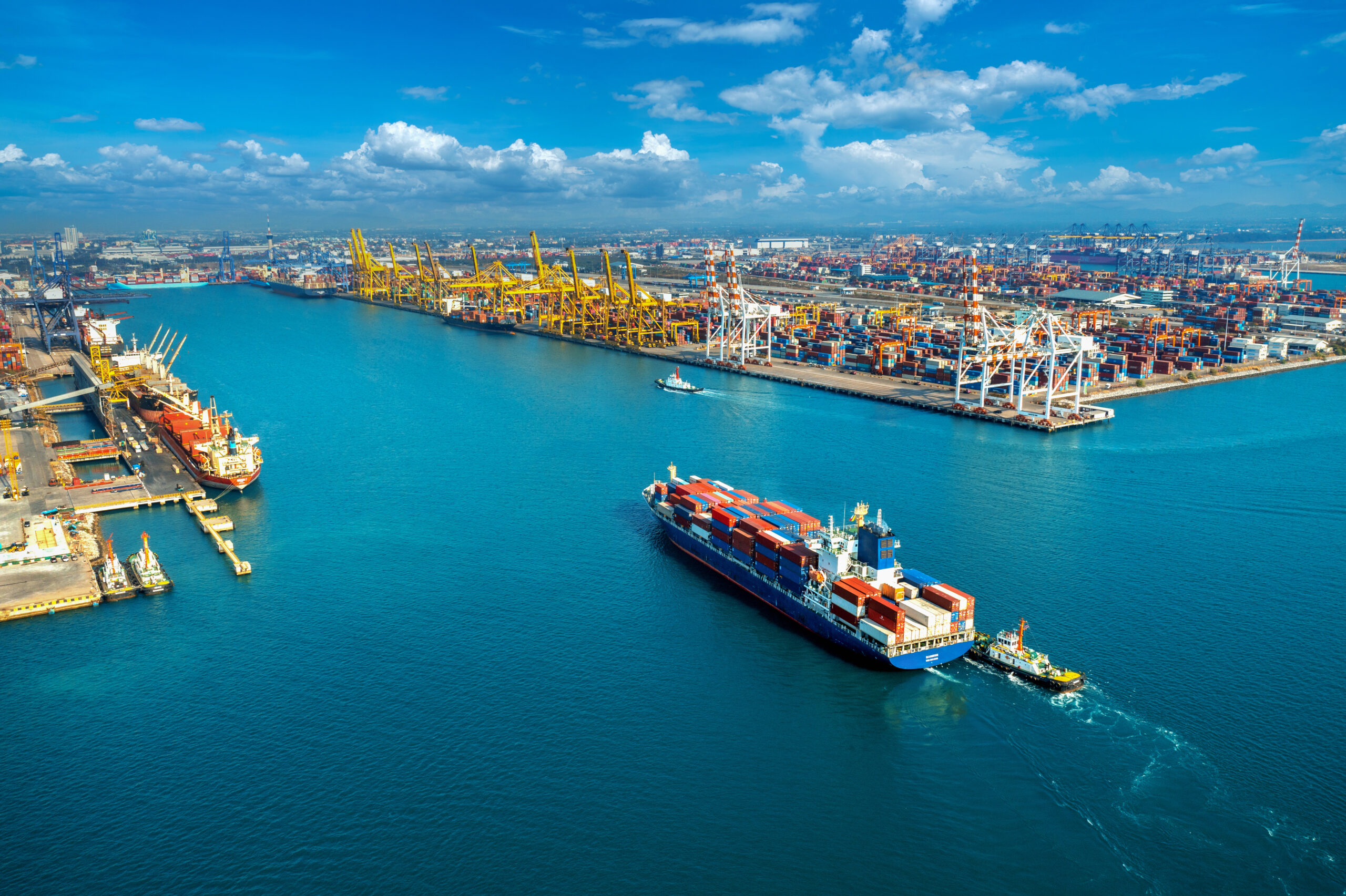Commercial Shipping: A Comprehensive Guide
Ever wonder how those massive cargo ships get all those boxes across the ocean? It's a complex puzzle! This article dives deep into the fascinating world of commercial shipping, outlining everything you need to know!
Understanding Commercial Shipping

Source: com.au
Commercial shipping involves transporting goods on a large scale, from small packages to enormous containers. It's the backbone of global trade. Think of all those products you see in stores. Where did they come from? Often by commercial shipping!
Key Players in Commercial Shipping
- Ship Owners: Companies who own and operate the vessels. (They make sure everything goes well.)
- Freight Forwarders: Connecting shippers to carriers and managing the entire shipping process. (Important for handling different aspects.)
- Shipping Lines: Companies that specialize in cargo transport across oceans. (Vital for intercontinental trade)
- Port Authorities: Regulating the activity in ports. (Ports are like highways of shipping.)
Modes of Commercial Shipping
Different methods suit diverse needs.
- Ocean Shipping: Huge cargo ships for bulkier, heavier goods. (Best for cost-effective large quantities.)
- Air Freight: Speedy delivery for urgent and high-value items. (Used when fast delivery matters most!)
- Road Freight: Trucking is best for smaller shipments within regions. (Excellent option for close distance deliveries.)
- Rail Freight: Trains carrying freight across continents, ideal for long distances. (Relatively cheaper for huge items)
Choosing the Right Shipping Method
Choosing the appropriate method depends on many things!
Factors Influencing Your Decision
- Budget: Each mode of transportation has unique costs.
- Time: The urgency for delivery impacts shipping choices.
- Size & Weight of the Cargo: Specific factors impact which mode to choose.
- Destination: Shipping to certain areas might require particular methods.
- Type of Goods: Fragile goods need extra protection, for instance. (Certain materials have rules for shipping!)
Step-by-Step Guide for Shipping Goods
- Calculate Dimensions and Weight of Shipment.(Measurements matter greatly!)
- Research various shipping companies.(Make sure to look at the rates)
- Gather Required Documents. (Insurance policies often require these documents.)
- Book Transport Service.(You need confirmation for that.)
- Load the Goods According to Specifications. (Care must be taken with handling of specific packages)
- Monitor the Shipment Progress Throughout the Process.(Very crucial!)
- Verify Receipt of Shipment Upon Arrival.(Never lose sight of details! Check arrival)
The Challenges of Commercial Shipping

Source: website-files.com
Common Issues Faced by Shippers

Source: seaandbeyond.com
- Delays: Unexpected issues, natural disasters or even labor strikes.
- Damage to Goods: Accidents, bad handling could mean loss. (Very unfortunate)
- Shipping Costs: Often, the exact pricing can be confusing, with fluctuating markets.
- Customs and Regulations: Various countries have complex procedures to follow.
Source: bigship.in
Preventing Problems
- Choose Reliable Carriers.
- Proper Packaging.
- Insurance.
- Proactive Communication
- Know your customs regulations!
The Importance of Logistics
The process of arranging and transporting goods.
The process of scheduling resources and tracking shipments. This whole chain influences cost, time and safety!
Technology in Logistics
- GPS tracking: Following the movement of your goods. Real-time data can be priceless for keeping an eye on shipments
- RFID technology: Improved data management for large loads. (Accurate and fast.)
- Shipment management software: Monitoring processes from origin to final destination (Keeping your team efficient).

Source: amazonaws.com
The Future of Commercial Shipping
Commercial shipping is adapting to the modern world by optimizing procedures and efficiency, which creates growth!
Innovations
- Eco-Friendly Practices: Shippers prioritize minimizing environmental impacts.(More awareness is important for this industry!)
- Digitalization: Technology improves logistics.
- AI and Machine Learning: Automation improves processes.
- Smart Shipping Container Systems: Enhancing efficiency by improving tracking systems
FAQs About Commercial Shipping
- How long does it take to ship goods via different modes?
- What are common risks involved in international shipping?
- What are typical costs and factors involved?
My Personal Review: I've worked with small cargo shipments, I experienced challenges from packaging to tracking, from time to time. This whole business requires attention and dedication to perfection to deliver with ease! It is vital to research your carrier properly! Always communicate effectively with them about any queries regarding your cargo! It feels good that we have an amazing opportunity to engage in trade from a variety of places globally!
Conclusion
Commercial shipping plays an undeniable role in our daily lives, connecting different countries, cultures and businesses in our worldwide market! By keeping up with the newest techniques and solutions we keep the momentum moving toward a healthier future! This industry faces various challenges! There are factors such as economic situations, unexpected difficulties (unexpected incidents!) which can have profound impacts. I want you to understand the value that commercial shipping offers in a world economy! It’s more than just a way to ship products from A to B. It connects our global communities! Be aware and mindful and successful endeavors await. Remember your responsibility and stay sharp! Choose wisely and ship your cargo confidently and trust your carrier diligently!



